• Make a list of what you’re taking that you can also use to keep track of your sales. Never assume that the venue will have everything you need to display your wares—or, if it does, that it’s free. Booths usually consist of the space, a table, and some chairs: everything else is on you. Plan on bringing tape, clips, hangers, lights, or whatever you may need to set up.
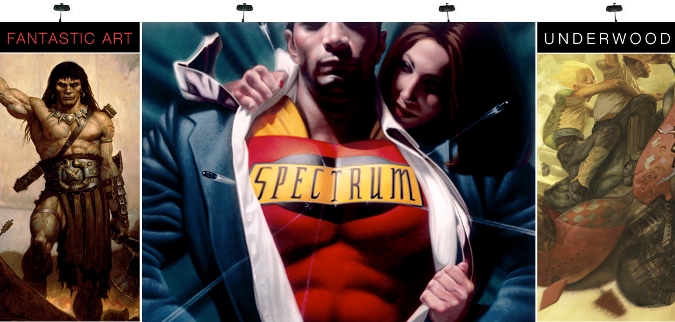
• If you’re going to sell originals, prints, books, T-shirts, what-have-you, start framing, printing, or ordering with the understanding that things usually take longer to produce than planned. It’s not a crime to get things done early.
• Let your fans and potential patrons know where you’re going to be and what you’re going to be selling. Do not assume that everyone knows everything; do not put all the responsibility of bringing buyers to your space on the event organizers (they’re usually worried about all sorts of other things, not just about whether you personally have a profitable show or not). You know your customers and clients better than anyone else: use your website, Facebook page, Twitter feed et al to let them know that you’ll be at a particular convention, open for business.
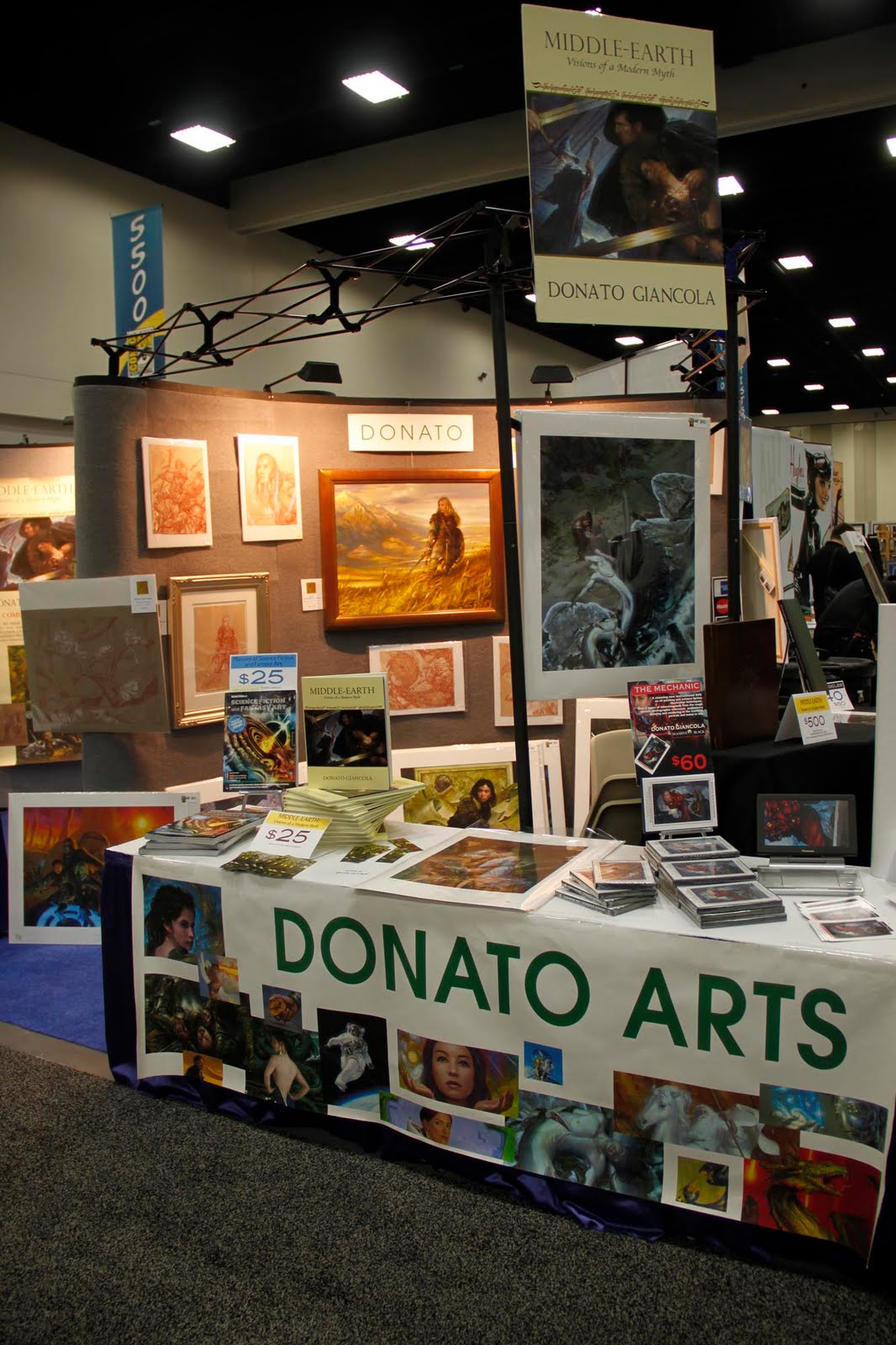
Above: Donato does a great job of branding his space at shows.
Above: Tara McPherson meeting a fan.
• Be a pro. Everybody likes to have a good time, particularly when they’re among friends and the after hours booze is flowing—but don’t party so much that it affects your ability to run your booth properly and interact with potential customers. And remember that everybody you encounter at a show is a potential customer or client and they’ll remember everything they see and hear (and with camera phones these days, snap embarrassing pix or video and post them to the internet). In other words, keep your pants on when in public, don’t get into fisticuffs, and don’t barf in the shrubbery (at least when people are watching). Definitely socialize and network after hours—get the most you can out of the opportunities being offered. Chatting with fans can lead to commissions; networking with your fellow artists and art directors may lead to new work. But plan to be ready to go every morning when the show opens, if not exactly bright-eyed at least not severely hung-over.
These are just some basic tips. There are others, of course, including those listed at this website, but much has to be learned through trial and error. You never know whether seeling at art shows/fairs/cons are for you until you try. If anyone else has some experiences or suggestions that will help make exhibiting at a show smoother, please chime in.


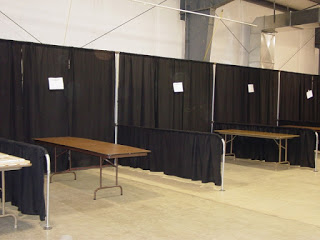
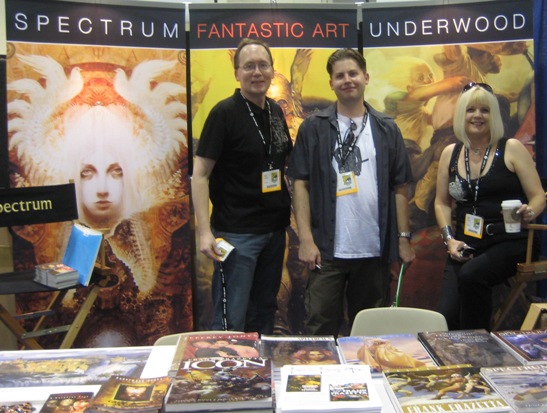
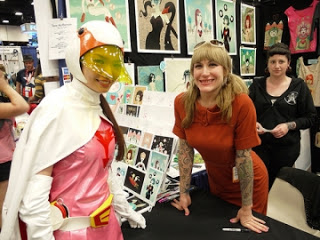


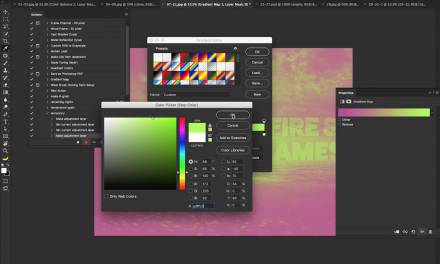


Useful article. Thank you – and good link too.
wonderful advice Arnie, thank you for sharing your insight and knowledge of this buisness
Everytime I met rebecca guay she was kinda rude and snobby.
Great article Arnie. In my three years doing comic shows, I've learned it pays to have a “Con Kit” that I have prepped and ready to go. It includes everything I think I need and more. It's almost like my MacGuyver in a box. Zip ties, three kinds of tape, paper clips, push pins, scissors, box cutters, post its, labels, you name it. And it's all put together from NOT having them when I needed them. Your neighboring artists will be happy during set up when they realize that they forgot something, and it's always a good idea to remember: “I was in that spot once too, time to repay the kindness of others.”
Conventions have taught me that the best laid plans are the easiest broken. It pays to be adaptable, particularly if you're showing in Artists Alley. Sometimes you have more space than you thought, and sometimes a LOT less (a show I did recently barely gave us 3 feet behind the table, especially once the guy behind us had finished setting up).
Oh, and don't forget the hand sanitizer. Con crudd sucks!! 😉
I love reading about this stuff, especially since the Gencon registration just went live last week. I'm setting up for the first time (though I've been a Gencon goer for several years) and I never really knew what to expect as far as material preparation beyond business cards, a banner, and prints.
Really? That doesn't sound like Rebecca at all.
Great tips, thanks. Art school doesn`t teach you the practicalities of the business, like how to sell your work, how ro price it.
She has always been super nice every time I have run into her.
I've set up at shows next to Rebecca multiple times and always witnessed her treating everyone equally: Gracious and friendly.